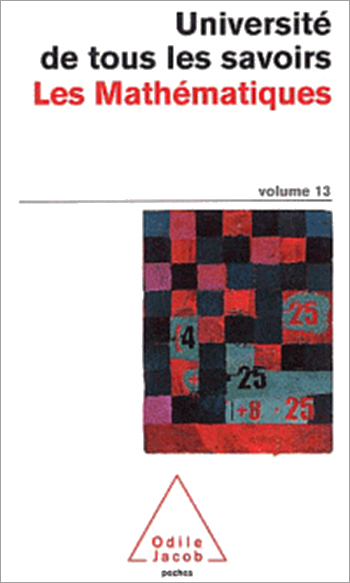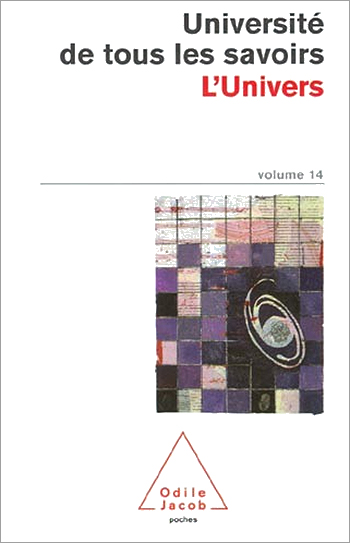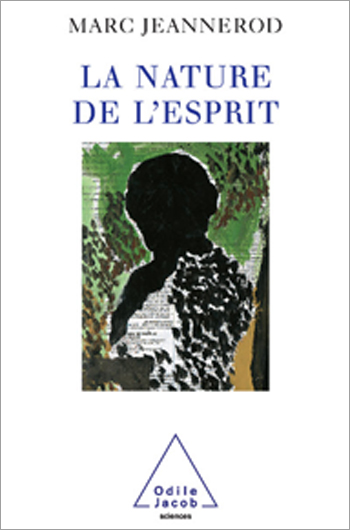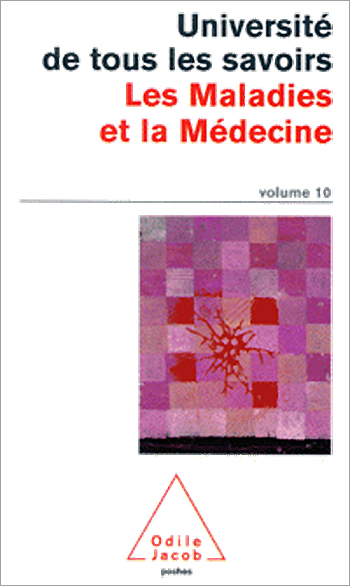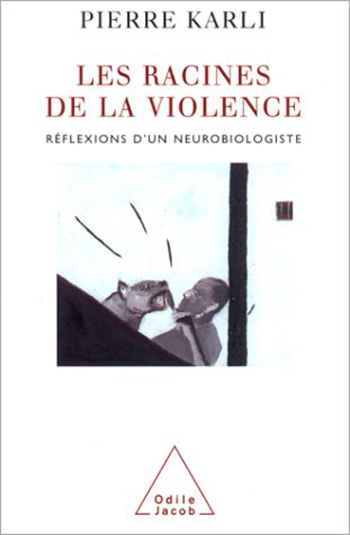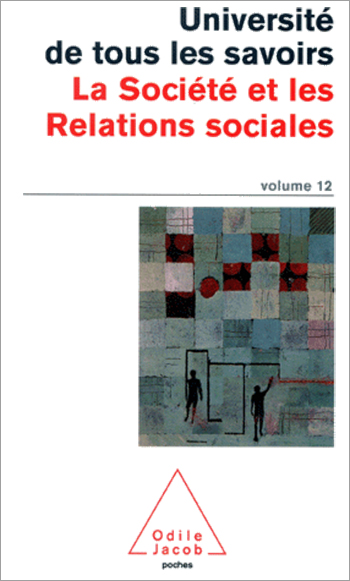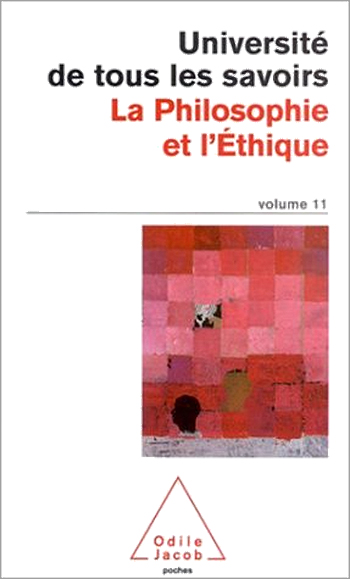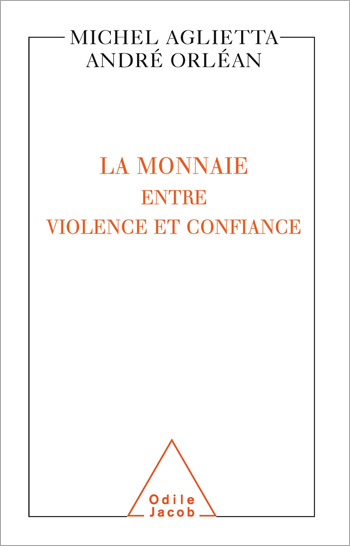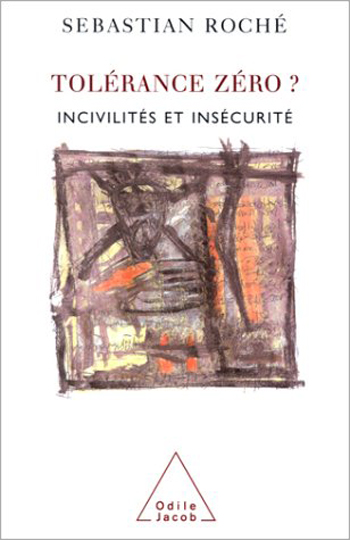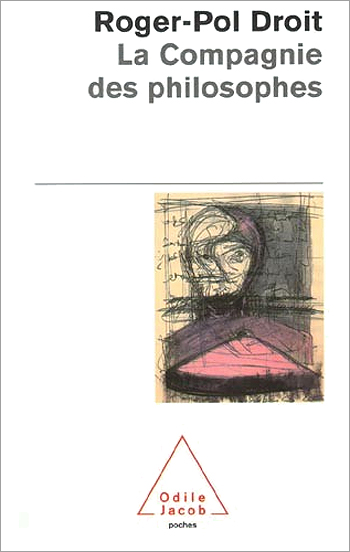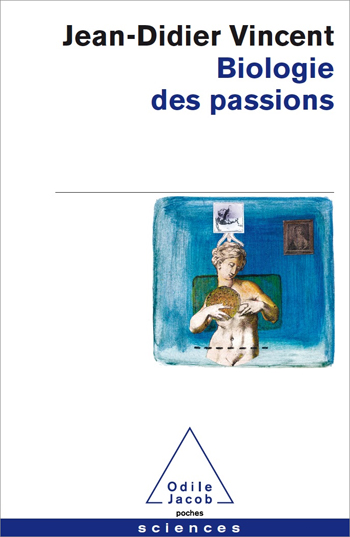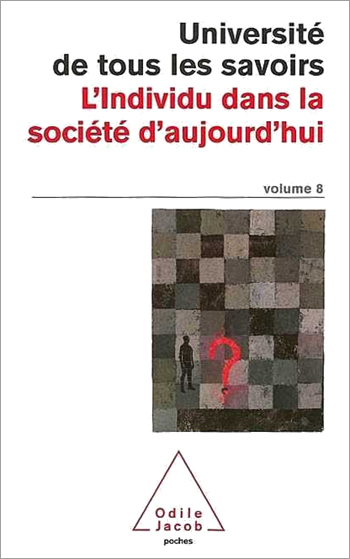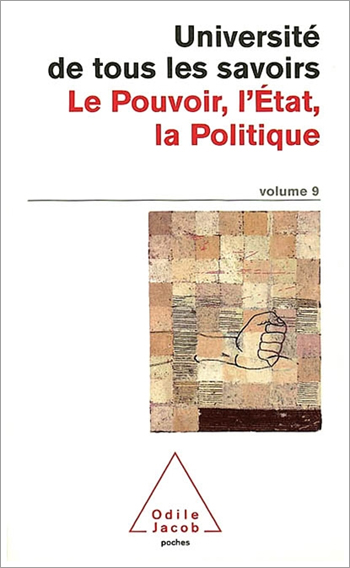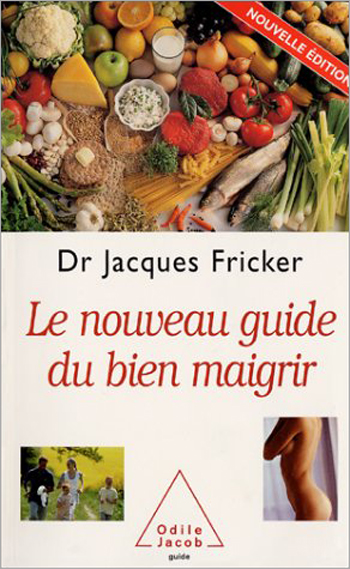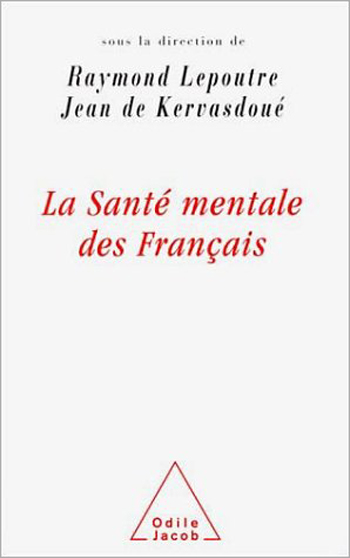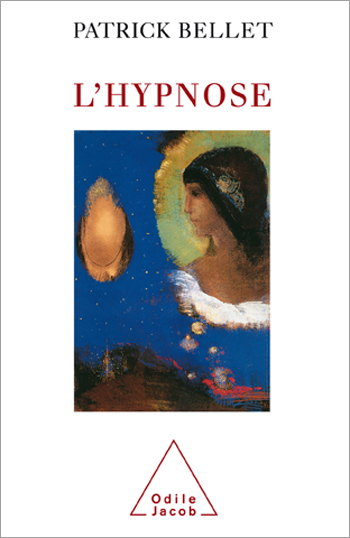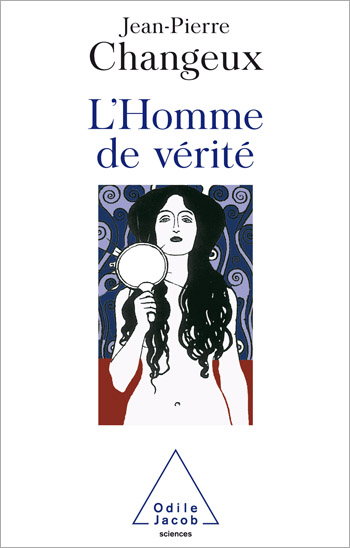Catalog All books
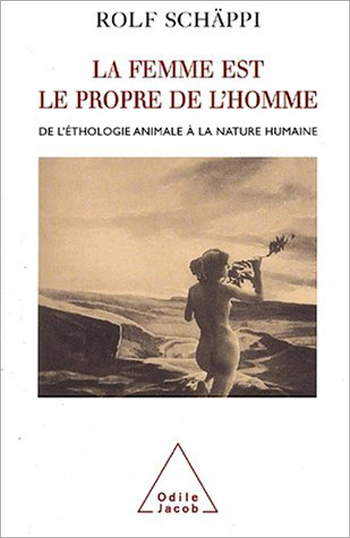
Rolf Schäppi
Woman is the Characteristic of Man From Animal Ethology to Human Nature
In this book, the author points out that although human beings are both mammals and primates, they differ in many significant ways from the other mammals and primates. Besides speech, laughter and the ability to use tools, the species Homo sapiens differs from its closest zoological cousins by three additional characteristics, which are less frequently cited because they are found only in the female. These are the female silhouette, hidden strus and the menopause. Rolf Schäppi is a psychiatrist and ethologist.
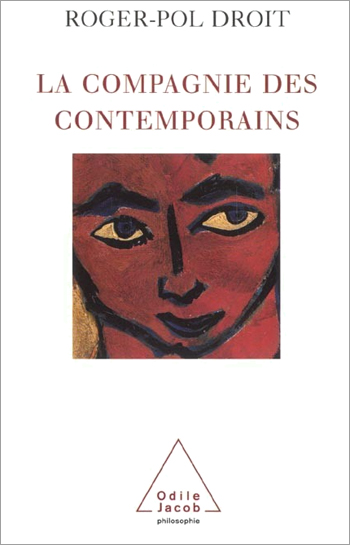
Roger-Pol Droit
The Company of Contemporaries
In this book, Droit reviews the works of some major contemporary thinkers: Bourdieu, Foucault, Girard, Habermas, Lévi-Strauss, Serres, and Vernant, among others. The interviews included here allow the reader to encounter biologists and sociologists, as well as anthropologists and psychoanalysts. Philosophers are well represented, but all the humanities have been included, and practically all major contemporary issues are considered, from bio-ethics to the end of history, from the construction of Europe to the rise of violence, from globalisation to the environment, from the development of science to political and religious extremism. Roger-Pol Droit is a philosopher and researcher at the Centre National de la Recherche Scientifique.
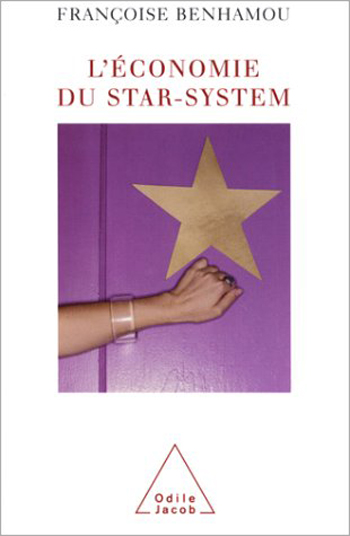
Françoise Benhamou
The Star-System Economy
We live in an age that spends fortunes on its stars. But why do we get the impression that the fees that stars receive and their popularity correspond less and less to their talent? Why does stardom seem to have so little to do with creativity and quality? Françoise Benhamou is an economist.
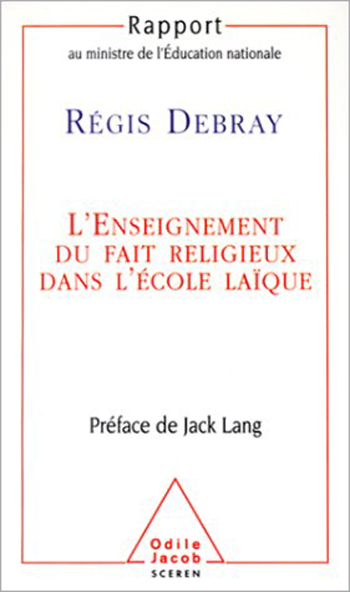
Régis Debray
The Teaching of Religion in State Schools
French public opinion largely approves the idea of reinforcing the study of religion from a cultural perspective in state schools. The intention is not to put God back into the school system. Religious traditions and the future of the humanities now share a common fate, and strengthening religious education will depend on strengthening education as such. The spirit of secularism should have nothing to fear." Régis Debray Régis Debray teaches philosophy.
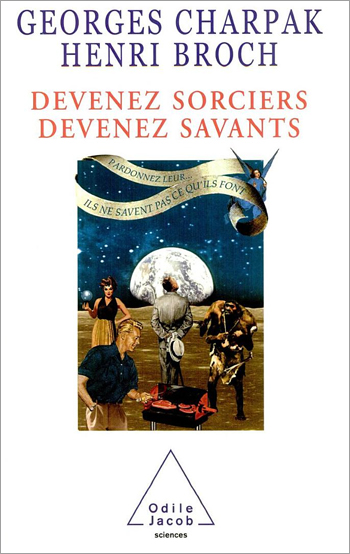
Georges Charpak, Henri Broch
Becoming a Magician is Becoming Wise
Would you like to know how to burn out a light bulb from afar? Would you like to know how to walk barefoot on burning coals without scorching your feet and as comfortably as if you were walking on the softest deep-pile rug? And would you like to understand why this is possible? Magic here has simply switched sides: it no longer belongs to the realm of the supernatural; it has become completely natural.The goal of this book is to make the reader understand that the supernatural does not exist and that it is essential in todays world to be scientifically literate. Georges Charpak, a physicist at CERN, is a winner of the Nobel Prize for Physics. Henri Broch heads the Laboratoire de Zététique at the University of Nice-Sophia Antipolis.
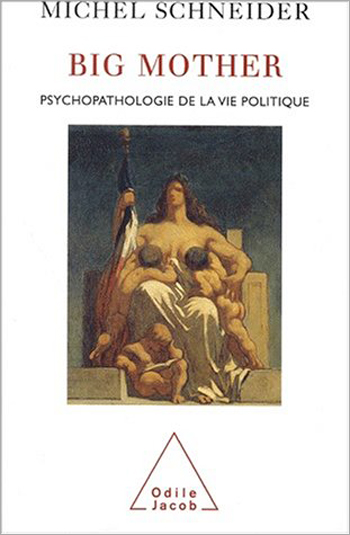
Michel Schneider
Big Mother The Psychopathology of Political Life
Listening, closeness, emergencies, love - politicians today play up to the mother. Leaders dare not lead, the citizens are now so child-like that they simply wait to be told what to do by the State : the Leisure State behaves like those mothers who cannot stand to think that their children can play by themselves, and insist on keeping them busy. Where are the fathers ? Is this the end of the paternal reference and the symbolic order of things ? A psychoanalyst, Michel Schneider was formerly a director of music and dance at the Ministry of Culture.
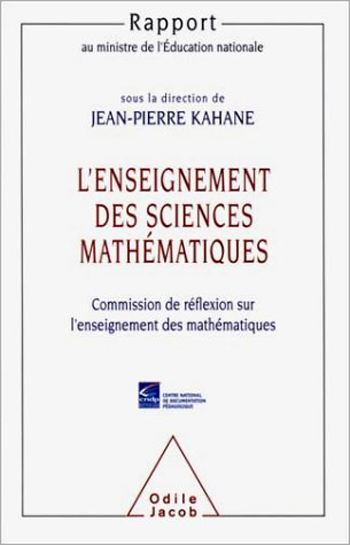
Jean-Pierre Kahane
The Teaching of Mathematical Sciences
What should be the goals and the contents of the mathematics syllabus from primary school to university? What changes should be undertaken to accompany and prepare for future developments in science and technology? And how should the initial training, competitive recruitment and further education of maths teachers evolve and develop? This book is the fruit of several months work by a committee, presided by the mathematician Jean-Pierre Kahane, on the future of the teaching of mathematics.

Frédéric Fanget
Assert Yourself! (New Edition) For more productive relationships with others
Do you have trouble expressing your needs? Is it difficult for you to say 'no'? Are you afraid of speaking in public? Written in the form of a self-help manual, this book should enable you to pinpoint those situations in your professional and personal life that give you most difficulty: expressing yourself during a meeting; starting up a conversation when you don't know anyone; criticising your partner; saying 'no' to a friend who wants a favour; asking your boss for a raise. This book aims to help you (re)develop a balanced relationship with others, so you can learn to express yourself while avoiding the extremes of passivity or aggression. Frédéric Fanget is a medical psychiatrist and company consultant specialising in disorders related to lack of assertiveness. He teaches and practises in Lyon.
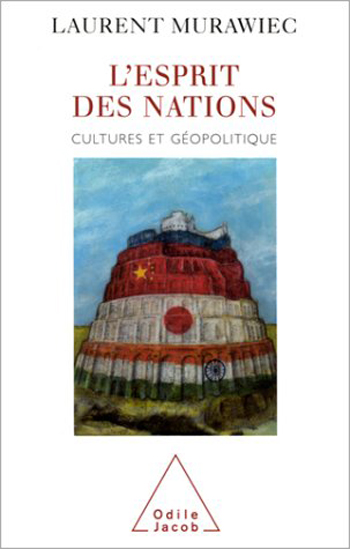
Laurent Murawiec
The Spirit of Nations Cultures and Geopolitics
What drives the many nations that crowd onto the stage of world politics? The study of geopolitics seeks to find the force that moves them, by examining their geographical position and national interests, but it does not exhaust the subject of motives. How, for example, is their position perceived and understood? How are national interests regarded? The present investigation rests on a number of postulates, without which it would be impossible to proceed: the spirit of a nation must be real, characteristic and recognisable; it must matter; and the nations themselves must continue to matter." Laurent Murawiec
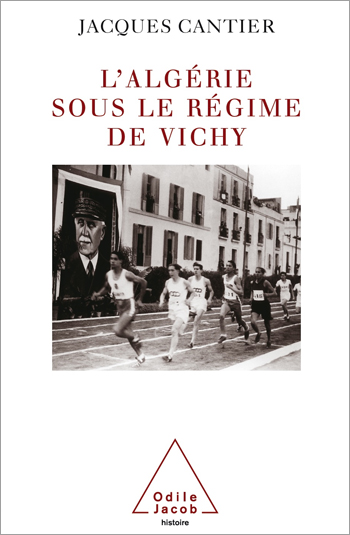
Jacques Cantier
Algeria Under the Vichy Regime
On 25 June 1940, both the Franco-German and Franco-Italian Armistice came into effect. In Algeria, appeals to carry on the struggle in Frances colonial empire no longer served any purpose. The Vichy regime, which came into existence following the parliamentary vote of 10 July 1940, was thus able to extend its rule over Algeria. Claiming to be at the head of a National Revolution which would create a new Man and fight against the forces of Anti-France, the Vichy government was able to flourish until the Anglo-American landings in North Africa in 1942. The author has given us a thorough review of this little-known period. This is not just a historical parenthesis as the study of the consequences of the National Revolution in Frances colonies casts a new light on the discussion about the nature and actions of the Vichy regime. It also illuminates a frequently concealed stage in the development of colonial society, which had had to confront a growing number of internal difficulties since the 1930s. Jacques Cantier is a lecturer at the University of Toulouse-Le-Mirail.
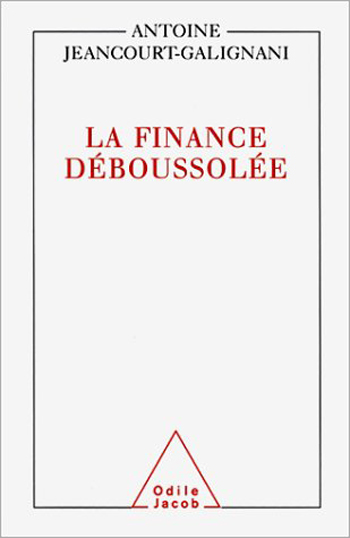
Antoine Jeancourt-Galignani
Disorientated Finance
This book analyses the events that shook French and international finance during the last twenty-five years of the twentieth century. In a straightforward style, eschewing all clichés, the author shows why Pierre Bérégovy was instrumental in bringing about the revolution in French finance, how Edouard Balladurs closest followers created a caste which is now in control of upper management, and how they prevented the creation of pension funds in other words, how they prevented the realisation of the Gaullist dream of participation and finally, how and why U.S. banks have managed to take over financial control of large French businesses. Antoine Jeancourt-Galignani is now chairman of the board of directors of GECINA.
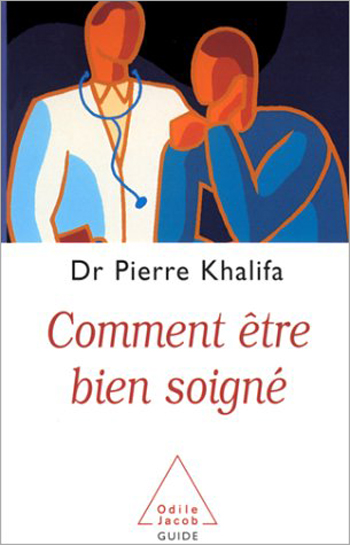
Pierre Khalifa
How to be Well Treated
"The goal of this book is to answer some of the many questions that are asked about patient-doctor relations and healthcare. How should we go about choosing the doctor in whom we will entrust our health? How can we contribute to make our consultation more effective, in order to help our doctor make a better diagnosis and find the most appropriate solutions? And when should we put an end to the relationship of trust with our doctor?" Pierre Khalifa Pierre Khalifa, a specialist in internal medicine, has worked as a house doctor in Parisian hospitals and was formerly a clinical director at the Hôpital Cochin, in Paris.

